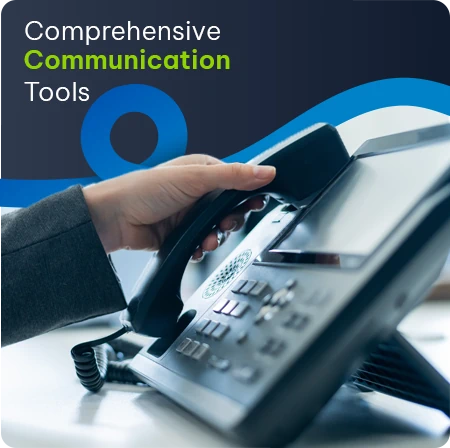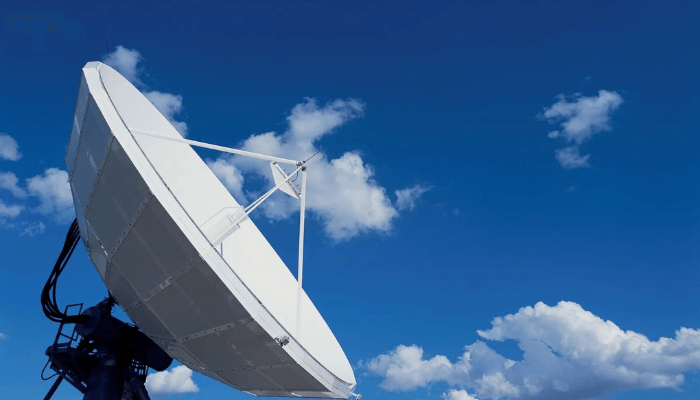30 April, Johannesburg: With a total blackout likely to have a negative impact on the country’s mobile and fixed communications networks Vox, an integrated ICT and infrastructure provider, has announced the launch of several satellite packages that will help business users stay online, even in the event of a total blackout and loss of local connectivity.
“While it’s not likely, many South African businesses have still been preparing for the eventuality of a total blackout, and how they will respond. Even if businesses have alternative energy sources to keep themselves running, loss of power over an extended period of time will result in a disruption to connectivity via fibre lines as internet traffic breakouts are located within South Africa” explains Kathleen Janse van Rensburg, Satellite Product Manager at Vox.
Satellite connectivity has long been seen as the only option for those who needed access to fast and reliable connectivity in rural or under-serviced areas, such as organisations involved in the mining, oil and gas, and agricultural sectors. In the past, though, the prohibitive cost has seen them take on satellite services meant for consumer and not business use. Prices have been coming down, however, and this improved affordability means that organisations can now turn to true enterprise-grade satellite services as their primary connectivity, or as an ideal redundancy solution.
“In response to this growing need, Vox has launched Advanced Broadband services, which offers South African business users seven different satellite connectivity packages. Advanced Broadband services between 10/3Mbps and 50/5Mbps with a Fair Use Policy between 500GB and 1500GB. And for those organisations that want more reliability, Vox offers between 10/3Mbps and 50Mbps dedicated with committed information rate (CIR) between 3Mbps and 15Mbps with no Fair Use Policy. In both cases, the hardware is included,” says Janse van Rensburg.
International breakouts
With the potential for both a business’s primary and secondary means of connectivity going down, turning to satellite services – which are independent of the communications infrastructure in South Africa. Janse van Rensburg explains that with satellite connectivity, users in the country will only need a UPS, solar or a generator to power the satellite modem, while critical infrastructure such as the ground earth stations and internet breakouts are located in Europe.
This means that South African business users will still be able to access all international services even if there are disruptions to local communications networks. However, ensuring continuity for the local internet during a total blackout will depend on how many
organisations in the country remain connected – via satellite connectivity. Interestingly, satellite services have been favoured by the local financial services sector not only for their ability to reach rural areas but also because the satellite terminals themselves are highly secure and not prone to hacking in a similar manner to traditional communications equipment.
“Satellite is the ideal solution to replace fixed-LTE and other fixed-mobile solutions as the redundancy for internet connectivity. Contrary to perception, the cost of satellite services has been declining over the past 10 years, while businesses can choose between more affordable, best-effort connectivity packages or pay more for dedicated speeds. Ultimately, it is an investment into the long-term sustainability of the organisation as it will enable them to continue with their business functions even in the case of a loss of local connectivity,” says Janse van Rensburg.












